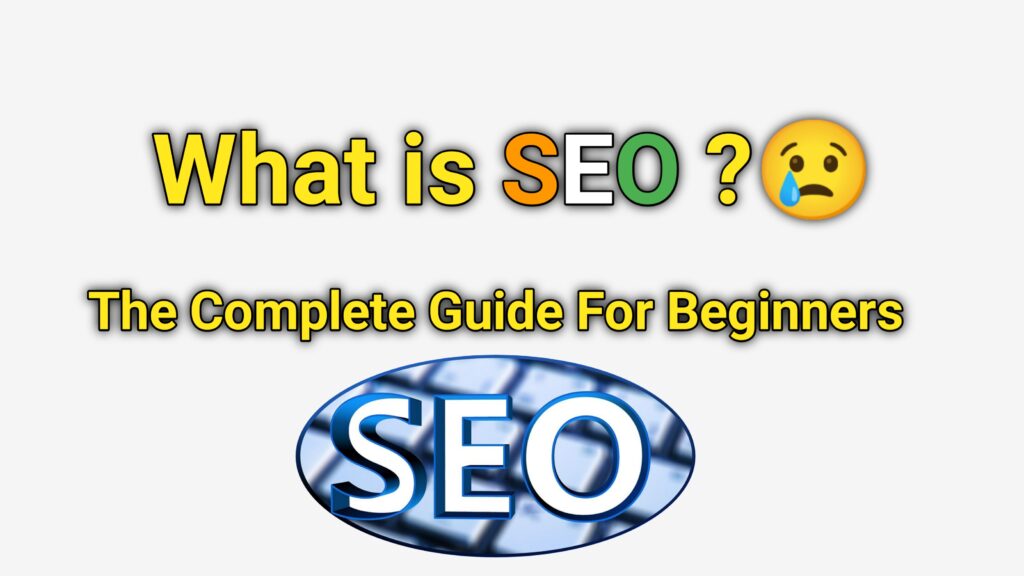What Is SEO? Search engine optimization (SEO) is the process of affecting the visibility of a website or webpage in search results through the natural (unpaid) search results of organic (unpaid) search engines. There are many schools of thought and approaches to SEO because it’s an ever-changing playing field where algorithms update and change, making it hard to define what constitutes best practices in SEO. However, there are some basics that almost everyone agrees on, as outlined in this guide on what is SEO and its many types.
Defining What is SEO?
Search engine optimization (SEO) refers to techniques that Internet marketers use to increase a website’s visibility in search engines. In other words, Search Engine Optimization helps a website rank higher in search results when people are using Google, Yahoo, or Bing to look for information about your topic of interest. For example, if someone uses Google to search how to build a website, you want your site to appear among top search results so it can attract more traffic and get more leads. To accomplish that goal, you need an expert guide on how to do Search Engine Optimization properly and avoid common mistakes that many people make.
Search Engine Optimization Strategies
There are a lot of different SEO strategies that can be used to help you rank higher in Google’s search results. But choosing which strategy is right for your business can be daunting; it’s one thing to know what works, but knowing why something works can give you a better understanding of your online presence and how search engines works as a whole. This ultimate guide will get you up to speed on all things SEO so that you can start using these powerful strategies yourself. We have also included some examples from different industries, so even if you don’t own a bakery or are not trying to sell online, there is something here for everyone.
On-Page Optimization Tips
on-page optimization factors such as keyword density, targeted landing pages, and well-written content. These things are essential to having a well-optimized site. Most people focus on increasing organic search engine traffic by building links from other sites to their own. This is an important part of organic search engine optimization, but it’s only one part of many that you’ll need to focus on to ensure your website gets found by new visitors in today’s competitive environment. Today we’re going to talk about: (1) Keyword Research; (2) SEO Writing Tips; (3) On-Page Optimization and (4) Off-Page Optimization.
Read More:- SEO Friendly Articles Methods
Link Building Strategies
Build it and they will come. If you’re using a content management system like WordPress, chances are pretty good that your site has a number of pre-existing inbound links, simply because you haven’t had time to add new content yet. That’s ok – don’t worry about it! As long as you can identify where your visitors are coming from, and what keywords they used to find your site (through Google Analytics or some other tool), then you can use those keywords to build your own incoming links. Focus on writing great content that others will want to share; if people enjoy reading what you have to say, then there’s a good chance that they’ll link back to it.
Ranking Factors
Every SEO worth their salt will tell you that no single ranking factor holds all of the cards. There are, however, a handful of ranking factors that significantly impact your ability to rank in search engines. In general, we can identify three types of factors: on-page factors, off-page factors, and technical or back-end factors. On-page is everything that takes place solely on your website—things like keyword density, site structure, internal links, and content quality. Off-page are external influences such as backlinks, social shares, and even whether your site pops up when someone searches for you. Technical or back-end considerations refer to everything that happens behind your website’s scenes; things like page load speed, mobile-friendliness, and crawl efficiency.
